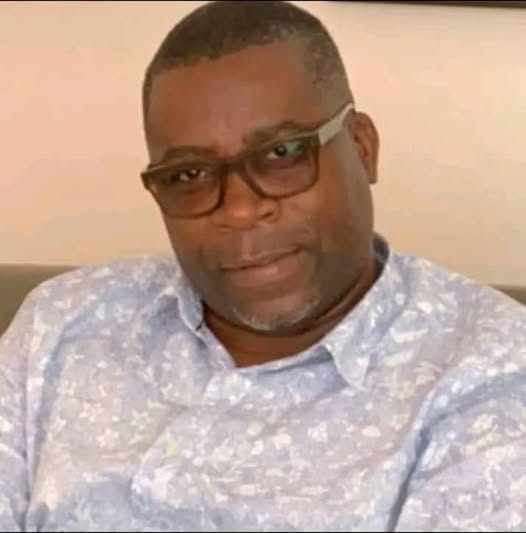Former MP Rebukes Energy Liberalization Proposal, Calls for Pro-Poor Electricity Reforms
Former Kasenengwa Member of Parliament, Sensio Banda, has issued a strong critique of Dr. Lubinda Haabazoka’s recent proposal to liberalize Zambia’s electricity sector, warning that such a market-driven approach could leave millions of poor Zambians in the dark.
In a detailed rebuttal titled “Open Access Must Not Mean Closed Doors to Electricity,” Banda argues that Dr. Haabazoka’s investor-centric vision lacks a deliberate focus on equity and risks deepening energy poverty across rural and underserved communities.
Dr. Haabazoka, who serves as a Senior Lecturer and Director at the University of Zambia’s Graduate School of Business, recently advocated for reforms aimed at deregulation and increased private sector involvement in electricity production and distribution.
His model emphasizes open access for Independent Power Producers (IPPs), bulk traders, and large industrial consumers as a path to economic growth and increased efficiency in the energy sector.
Banda, however, contends that this approach could institutionalize exclusion if not grounded in socio-economic justice. He points out that nearly 60% of Zambians still lack reliable electricity, and warns that market forces alone will not deliver power to rural families, informal settlements, or off-grid schools.
“Electricity is not a luxury, it is a human necessity,” Banda wrote. “Reforming the sector without directly confronting electricity poverty transforms reform into exclusion.”
According to Banda, the liberalization model primarily benefits mining houses, urban elites, and foreign investors—while rural Zambia remains tethered to candles, kerosene, and charcoal.
He criticizes the absence of specific strategies to ensure that vulnerable populations are included in the country’s energy future. Banda also questions the practicality of citizen participation in electricity entrepreneurship without access to micro-finance, simplified licensing, or targeted policy support.
The former MP further warns that Haabazoka’s proposal may indirectly weaken ZESCO, the national utility. He argues that as profitable clients shift to private suppliers, ZESCO could be left with the burden of serving poor households without adequate cost recovery mechanisms. This, he says, amounts to “privatizing gains and socializing losses”—a move that could destabilize the entire public energy system.
To counter this, Banda proposes a five-point pro-poor alternative to guide Zambia’s energy reforms. These include the development of a National Just Electricity Transition Framework focused on universal access; the expansion and legal protection of lifeline subsidies for low-consumption households; the creation of a Community Energy Fund to support rural mini-grids and SMEs; a requirement for local ownership in major energy projects; and the formation of a Civic Energy Oversight Forum under the Energy Regulation Board (ERB) to ensure grassroots involvement in regulatory decisions.
While acknowledging the economic intentions behind Haabazoka’s liberalization blueprint, Banda emphasizes that true reform must be judged by its ability to improve lives, not just attract investment. “Zambia’s electricity future must not only be open; it must be inclusive,” he said. “Let us light every home, not just balance every spreadsheet.”



